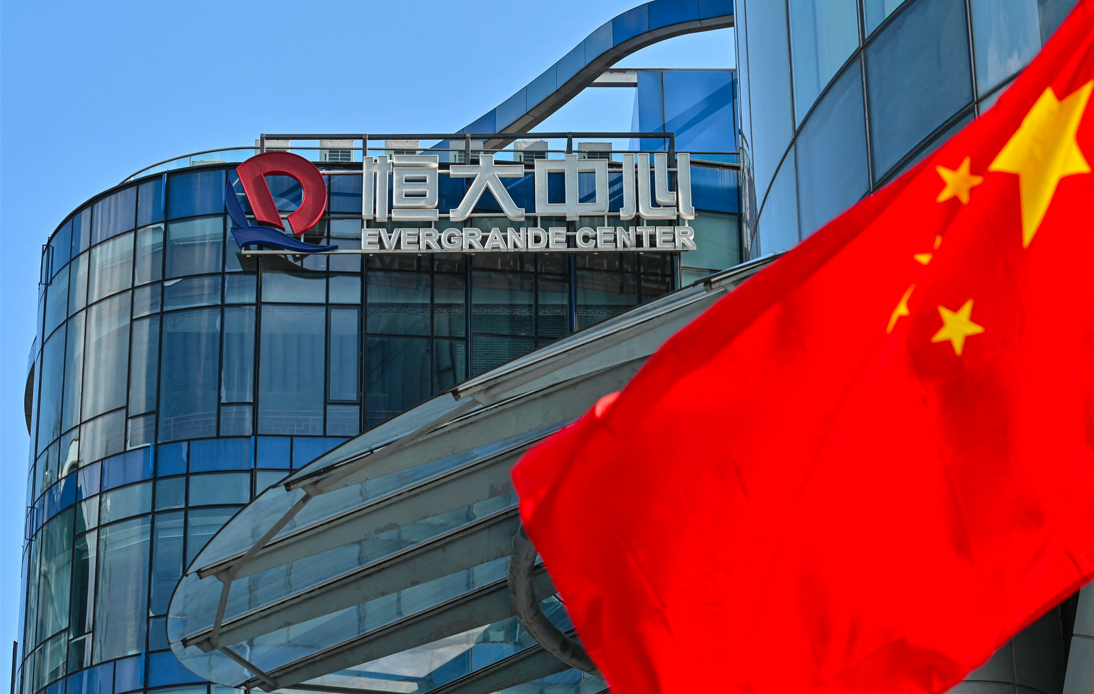
A Hong Kong court has issued a liquidation order for the debt-laden Chinese property giant, Evergrande.
Judge Linda Chan expressed frustration, declaring “enough is enough,” as Evergrande failed to propose a restructuring plan.
Known as the face of China’s real estate crisis, Evergrande has liabilities exceeding $325 billion (£256 billion). Its default two years ago significantly impacted global financial markets.
This ruling is expected to affect China’s financial markets, particularly during efforts to stabilize a declining stock market.
Following the announcement, Evergrande’s shares in Hong Kong plummeted by over 20%.
The real estate sector in China accounts for about a quarter of the GDP of the world’s second-largest economy. Liquidation involves seizing and selling a company’s assets to pay off its debts.
The actual execution of this process might hinge on the Chinese government’s stance, and the liquidation order doesn’t necessarily guarantee Evergrande’s collapse.
The liquidation case was initiated by the Hong Kong-based investor Top Shine Global in June 2022, accusing Evergrande of reneging on a share buyback deal. However, this claim represents only a small portion of Evergrande’s total debts.
Most of Evergrande’s debts are owed to mainland Chinese lenders, who have limited legal options to recover their funds.
In contrast, foreign creditors can pursue legal action in courts outside mainland China, with many choosing Hong Kong. Once the winding-up order is in place, the company’s directors lose control.
An interim liquidator, possibly a government official or a partner from a professional firm, is likely to be appointed by the court, according to Derek Lai, Deloitte’s global insolvency leader.
A formal liquidator will be selected after meetings with creditors within a few months.
However, most of Evergrande’s assets are in mainland China, presenting jurisdictional challenges despite the “one country, two systems” policy.
China and Hong Kong have an agreement to recognize liquidator appointments, but mainland China has recognized only a few of these appointments, Lai notes.
The Chinese Communist Party is motivated to support developers to ensure homebuyers receive their pre-purchased properties. This could lead Beijing to disregard the Hong Kong court’s order.
“Even with mutual recognition of the appointed liquidator in both regions, they must adhere to mainland China’s laws for liquidation-related activities,” adds Lai.
The liquidation doesn’t immediately halt Evergrande’s construction operations.
Nigel Trayers of Grant Thornton explains that not all subsidiaries are affected, and liquidators might aim to control some after investigations.
This would involve navigating the corporate structure, possibly placing subsidiaries into liquidation or appointing themselves as directors.
Despite the liquidation, Lai mentions that “if a company is insolvent, it is unlikely that unsecured creditors will recover the full amount of their claims.”
Foreign creditors are also unlikely to receive repayment before mainland creditors.
Judge Chan’s orders, even if not carried out in China, could signal future challenges for other developers and creditors.
She oversees other defaulted developers such as Sunac China, Jiayuan, and Kaisa.
Last May, she ordered Jiayuan’s liquidation when their lawyers failed to justify a delay in their debt restructuring proposal.
Daniel Margulies, a partner at Dechert in Hong Kong specializing in restructuring matters in Asia, says, “How an offshore liquidator would be treated by onshore stakeholders when there are major local creditors and considerations at play remains to be seen.”
Evergrande has been formulating a new repayment plan, and in August last year, filed for bankruptcy in the US to protect its American assets. The following month, its chairman Hui Ka Yan was placed under police surveillance.




















